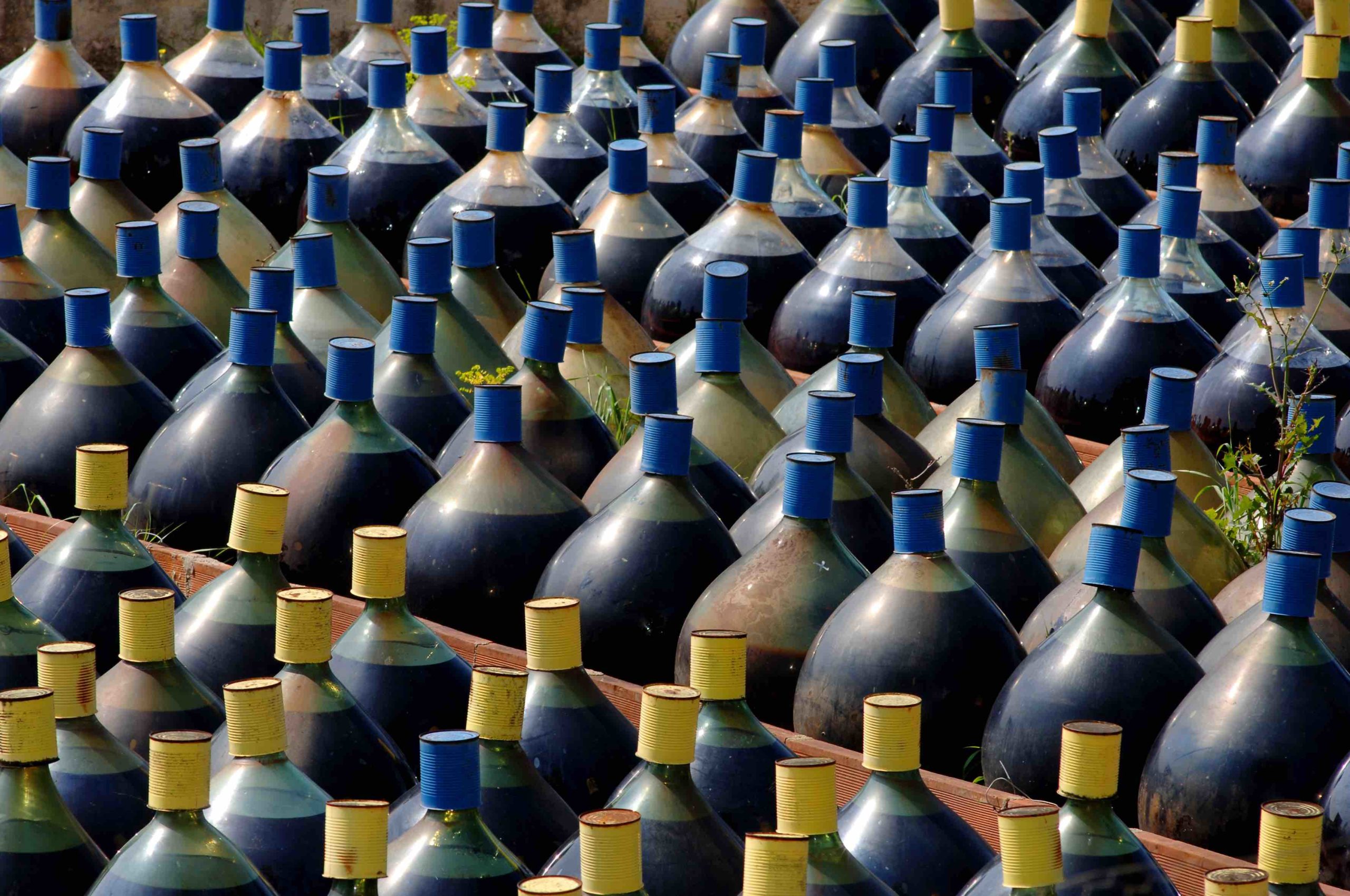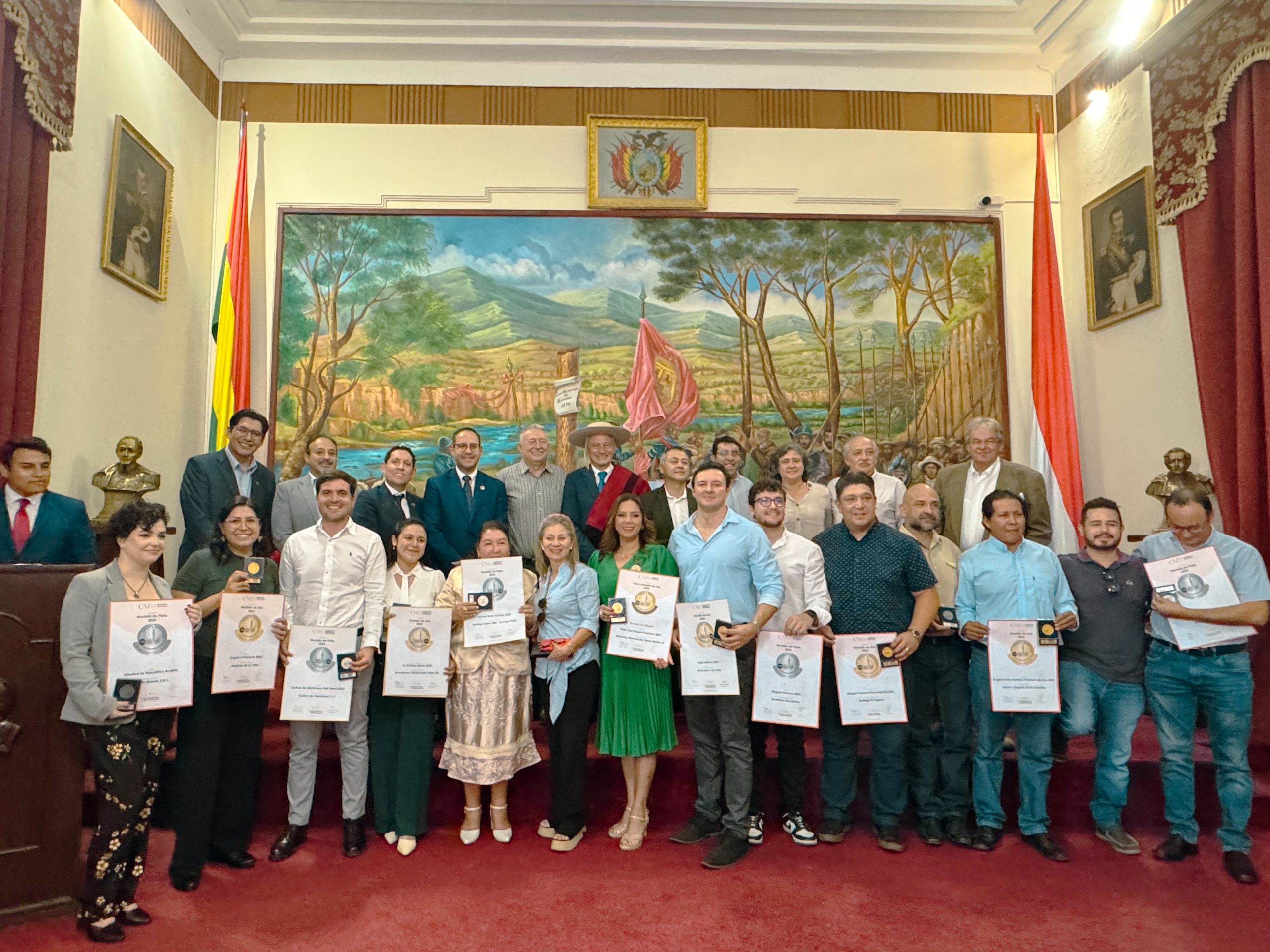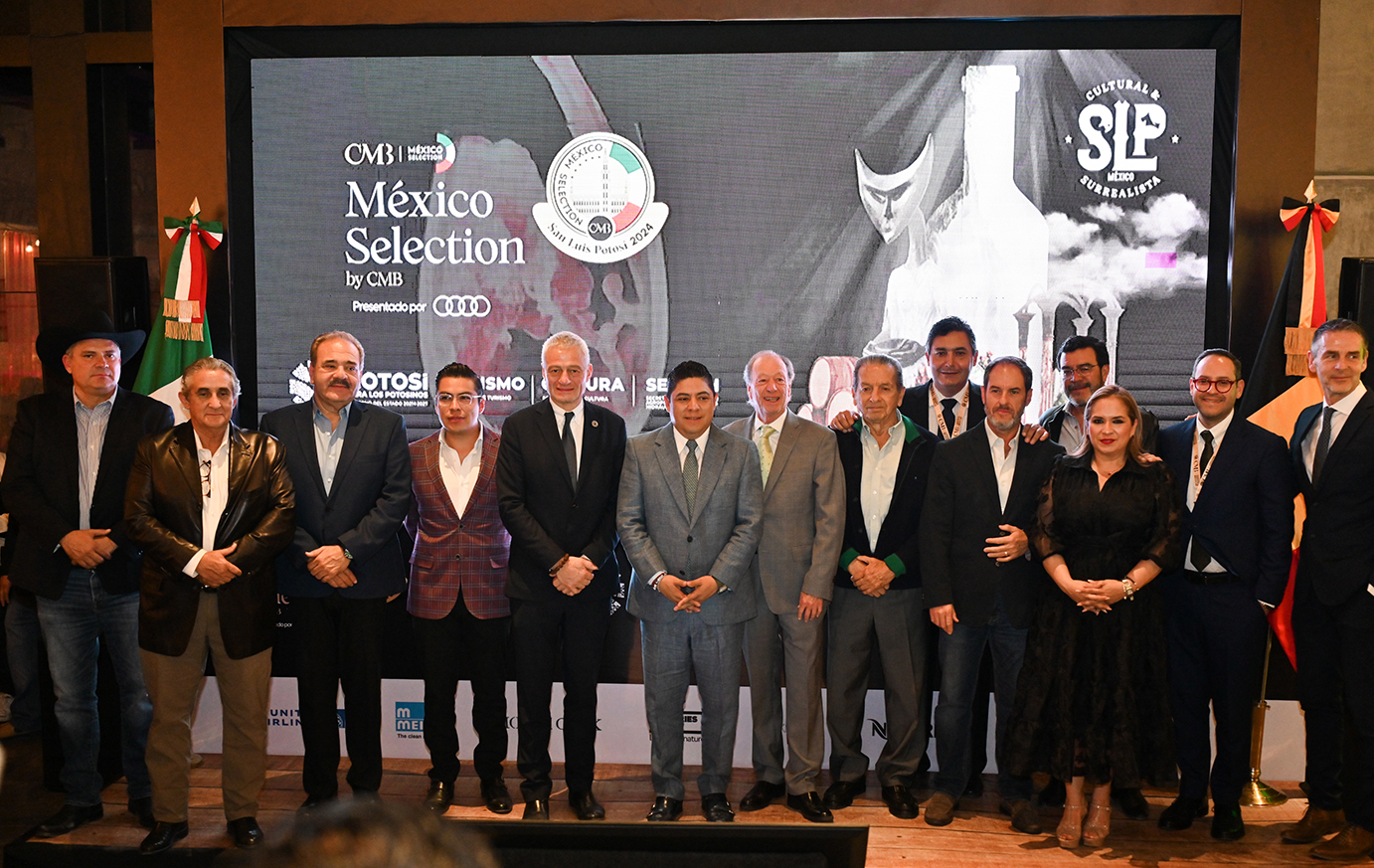Roussillon, cradle of fortified sweet wines

With the first-ever Sweet and Fortified Wine Session of the Concours Mondial de Bruxelles being held in Marsala (Sicily) in September 2022, it’s time to take a look at the southern French wine region of Roussillon, birthplace of fortified wines.
Thanks to port and sherry, Portugal and Spain are firmly linked with fortified wine in many people’s minds. But it was in the southern French wine region of Roussillon that the first patent for the process of fortification (mutage in French) was granted.
13th century Catalan alchemist and physician Arnaud de Villeneuve is credited with the creation of fortified wine when he discovered that adding pure alcohol to fermenting grape juice stopped the fermentation process, and Roussillon became known as a major producer of vins doux naturels (naturally sweet wines).
Indeed, vins doux naturels (VDN for short) dominated the wine production of Roussillon for many years, with dry wines coming to the fore much more recently, from around 1990 onwards. Roussillon boasts five sweet wine AOPs, namely Muscat de Rivesaltes, Rivesaltes, Maury, Banyuls and Banyuls Grand Cru. Rosemary George MW, author of Wines of Roussillon, writes: “The most original aspect of wine in Roussillon remains without doubt its vins doux naturels.”
Sweet wines of Roussillon: a vinous treasure
The great variety and complexity of Roussillon’s fortified sweet wines is what makes them so endlessly fascinating. Writing for JancisRobinson.com, Tamlyn Currin describes this vinous treasure thus: “It’s a heritage to be proud of – Rivesaltes, Maury and Banyuls make truly beautiful, sweet, fortified wines, from pale gold and delicately spun in white florals and lemon, to dark as Mordor and so rich that coffee and chocolate would stand aside to make way for its sticky treacle flow.”
The naturally sweet wines of Roussillon are fortified with a neutral grape spirit to stop the yeast’s action before fermentation is complete and all sugars have been converted into alcohol. The wines retain some naturally occurring sugar, perceived as sweetness on the palate. The final alcohol level varies depending on the regulations of the AOP (appellation d’origine protégée), although most have a minimum required content of 15% abv.
Vinification and ageing
The grapes (including various varieties of Grenache and Muscat, plus Macabeu and Malvoisie du Roussillon) are vinified to produce white, rosé or red wine that has at least 15% abv. The mutage process described above is then carried out, resulting in a wine that is both sweet and strong.
VDNs can be divided into two groups, namely reductive and oxidative. The reductive wines – rimage and grenat – are a more recent development, while the oxidative wines are an intrinsic part of Roussillon’s history and traditions.
Muscat de Rivesaltes and certain white, rosé and red vins doux naturels (rimage and grenat) are destined to be drunk young and thus bottled early. However, ambré and tuilé styles are aged by contact with air, typically in wood or tank, for as little as 36 months or as long as 20 years (or more).
Some oxidised VDNs are labelled hors d’age, meaning that they have no vintage year but that they have been aged for a minimum of five years. Those bearing the term rancio have a distinctive nutty, dried fruit character that is obtained by maturing for at least five years.
The ageing of certain sweet wines is sometimes accelerated by a period outside the cellar in larger demi-muidsbarrels or large glass jars known as damejeannes or bonbonnes, before returning to the cellar for more time in vats or barrels.

Save our stickies
Rosemary George MW George puts her finger on a painful spot when she writes: “One of the enigmas of Roussillon is the decline in its vins doux naturels. The best, the hors d’age, which have spent at least five years in barrel, are truly wonderful original wines, and yet they have fallen from favour.”
It is obviously important to preserve the patrimony represented by these unique, historic treasures and others like them: how then can their image be updated?
In September 2022 the Concours Mondial de Bruxelles team will be taking a close look at sweet and fortified wines in a competition dedicated to this category. As part of the programme, a round table debate will be held with journalists and wine trade members. “Putting stickies back in the limelight: how to boost the sweet and fortified wine category”will be moderated by Italian sommelier Alessandro Rossi (National Category Manager – Wine, Partesa srl) in recognition of the urgent need to cherish and promote this highly distinctive style of wine.
Panel speakers will look at the traditional ways these historic products have been enjoyed, and discuss how the category might be modernised and made more relevant for today’s wine drinkers.
Joining Alessandro Rossi will be:
- Paula Sidore (co-founder Trink and German wine specialist for JancisRobinson.com, based in Germany)
- Mattia Antonio Cianca (2019 Best Sommelier of Italy, 2019 Best Sommelier of Italy, 2017 Best Sommelier of Australia, importer and distributor, based in Bordeaux)
- Nathan Menou (director of Le 5 Wine Bar, voted Best Wine Bar in the World and Best Wine Bar in Europe, based in Toulouse)
- Mathilde Hulot (wine writer for Bettane+Dessauve and others, Tokaj wine producer with her husband Samuel Tinon, based in Hungary)
—————————————————————-
The Italian town of Marsala (western Sicily) will host the first Sweet and Fortified Wine Session of the Concours Mondial de Bruxelles from September 20th – 23rd, 2022.
The competition is open to all sweet and fortified wines, irrespective of their sugar content and colour. It will feature a panel of international experts with the requisite tasting skills who will judge the wines blind to identify excellence within this fascinating category.


